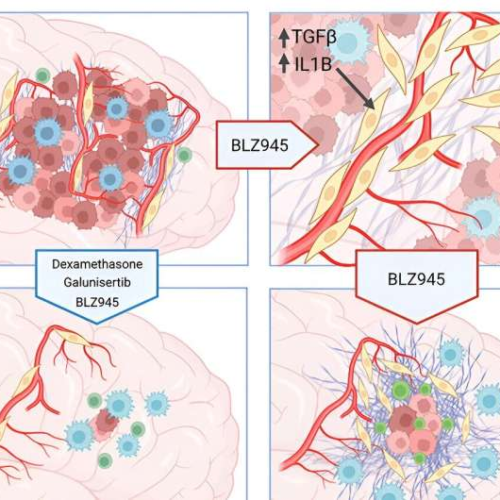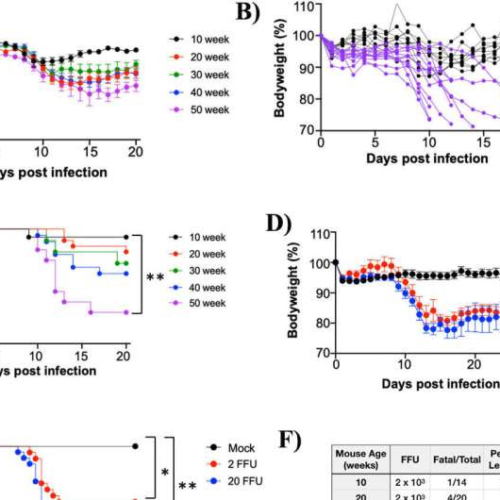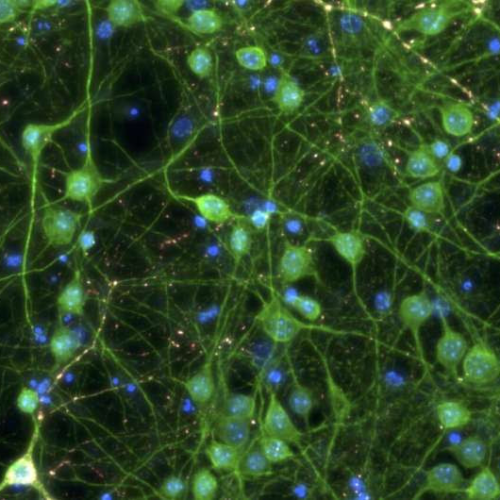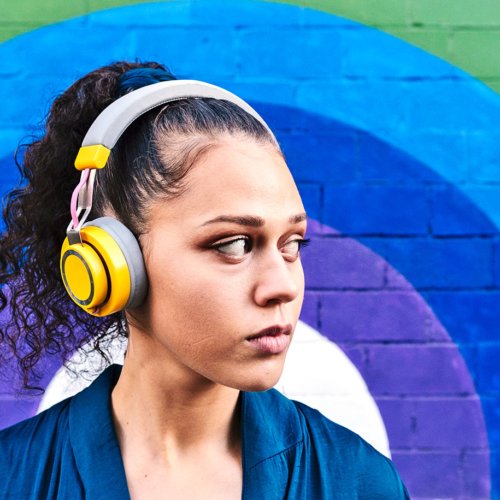By Marzia KhanReviewed by Danielle Ellis, B.Sc. Understanding neuroplasticityNeuroplasticity, or brain plasticity, can be defined as the ability of the nervous system to alter its activity in response to a stimulus by reorganizing its structure, function, and neuronal connections. The history of plasticity can be traced to William James in 1890, with the first mention...
Category: <span>Neuroscience</span>
What Do We Know About Postoperative Cognitive Dysfunction?
Paola Spriano September 09, 2024 Postoperative cognitive dysfunction (POCD) is a form of cognitive decline that involves a functional deterioration of activities of the nervous system, such as selective attention, vigilance, perception, learning, memory, executive function, verbal and language abilities, emotion, visuospatial and visuomotor skills. It occurs in the absence of cranial trauma or other...
How the scars of demolished brain tumors seed relapse
September 9, 2024 by Ludwig Cancer Research Credit: Cancer Cell (2024). DOI: 10.1016/j.ccell.2024.08.012A Ludwig Cancer Research study has discovered that recurrent tumors of the aggressive brain cancer glioblastoma multiforme (GBM) grow out of the fibrous scars of malignant predecessors destroyed by interventions such as radiotherapy, surgery and immunotherapy. Led by Ludwig Lausanne’s Johanna Joyce, Spencer...
Vaping is harming college students’ brains, study shows
September 16, 2024 by Dennis Thompson Vaping may look cool when you’re young, but it appears to be dulling the brains of college students, a new study warns. College students who vape have lower cognitive function scores than those who don’t, researchers reported Sunday at the American Neurological Association’s annual meeting in Orlando, Fla. And...
Can having a stroke change your sleep?
September 11, 2024 by American Academy of Neurology Credit: Unsplash/CC0 Public DomainPeople who have had a stroke may be more likely to sleep too much or too little compared to those without prior stroke, according to a study published in the September 11, 2024, online issue of Neurology. The study does not prove that stroke...
Investigating the dangerous neurological effects of the Powassan virusby Stony Brook University
August 20, 2024 by Stony Brook University The lethality of POWV LI9 is age-dependent in C57BL/6 mice. Credit: Journal of Virology (2024). DOI: 10.1128/jvi.00560-24While Lyme disease is the most recognized and prevalent tick-borne disease in the United States, other infections transmitted through tick bites can be equally or even more dangerous. One of these is...
New therapy that targets and destroys tau tangles: A promising Alzheimer’s disease treatment
September 13, 2024 by UK Research and Innovation Cells containing tau aggregates (green) before (left) and 13 hours after treatment with RING-nanobody (right). Credit: J. Benn – UK DRI at the University of CambridgeScientists have developed new potential therapies that selectively remove aggregated tau proteins, which are associated with Alzheimer’s disease, and improve symptoms of...
The brain aged more slowly in monkeys given a cheap diabetes drug
12 September 2024 By Max Kozlov Cellular measures of ageing changed more slowly in the liver, brain and other tissues of monkeys taking the drug metformin.Credit: Vachira Vachira/NurPhoto/Getty A low-cost diabetes drug slows ageing in male monkeys and is particularly effective at delaying the effects of ageing on the brain, finds a small study that...
MUSIC CAN ENHANCE LEARNING AND CHANGE OUR MEMORIES
SEPTEMBER 11TH, 2024POSTED BY GEORGIA TECH (Credit: Getty Images) TAGS : LEARNINGMEMORYMUSICUNIVERSITY : GEORGIA INSTITUTE OF TECHNOLOGY New research demonstrates music’s impact on learning and memory, with possible therapeutic applications for mental health. The music we know and might love, music that feels predictable or even safe—that music can help us study and learn. Yiren...
Concept neurons are the building blocks of memory
News Release 11-Sep-2024 Bonn researchers clarify the function of specialized nerve cells in memory formation Peer-Reviewed PublicationUniversitatsklinikum Bonn Certain nerve cells in the brain become active whenever they are confronted with different images or the name of a specific person or the identity of an object. They are highly selective and do not react to...








